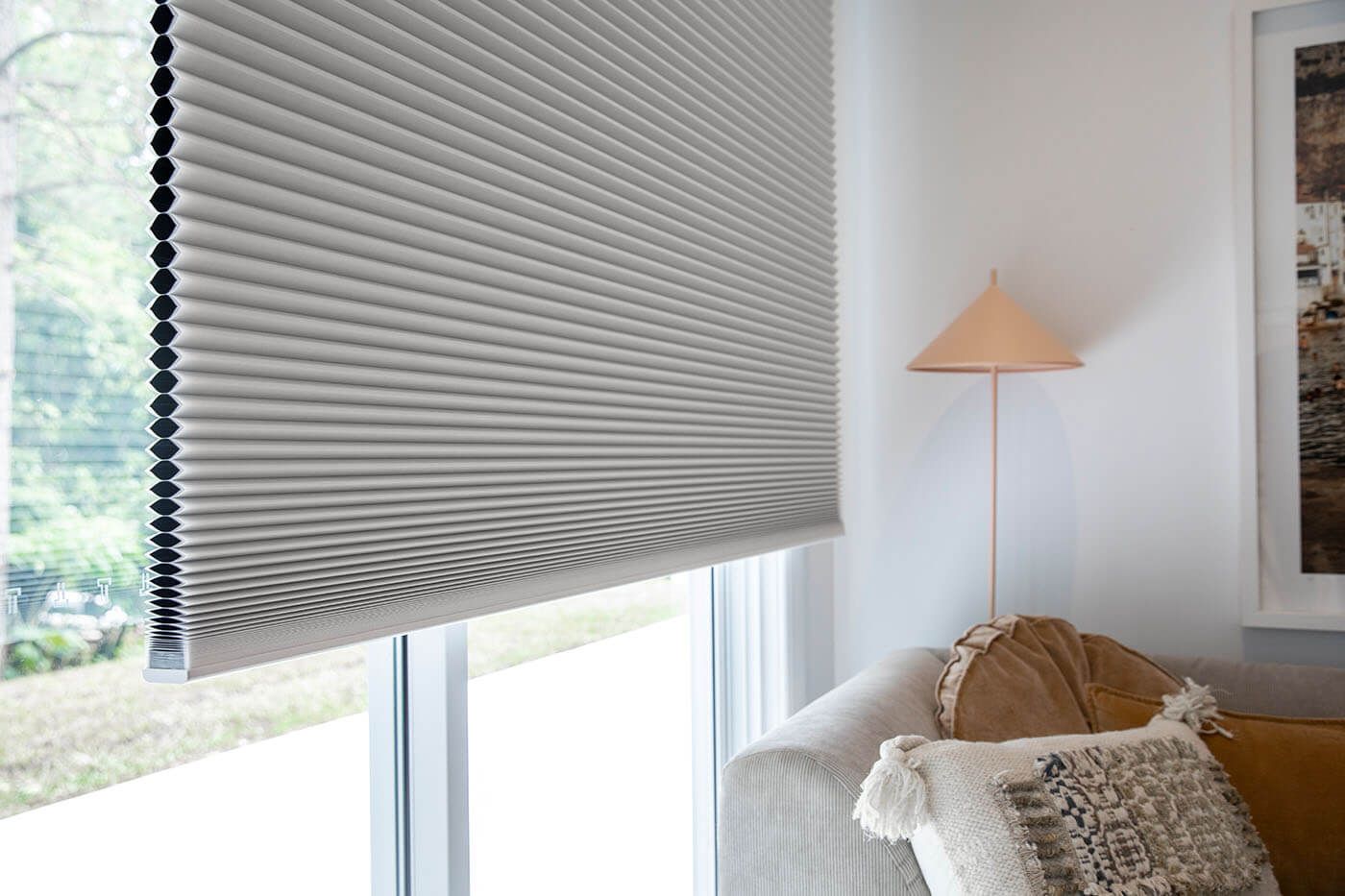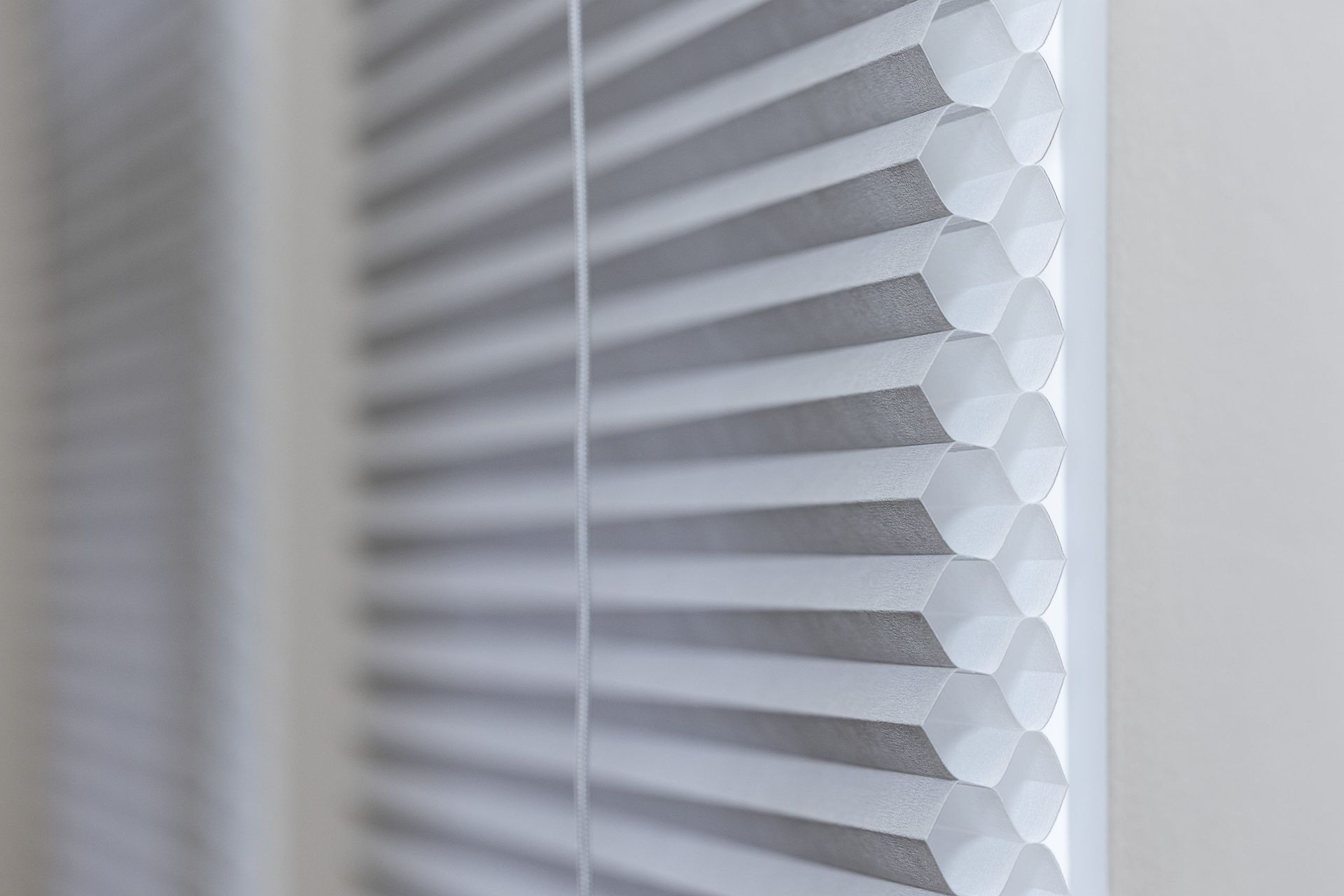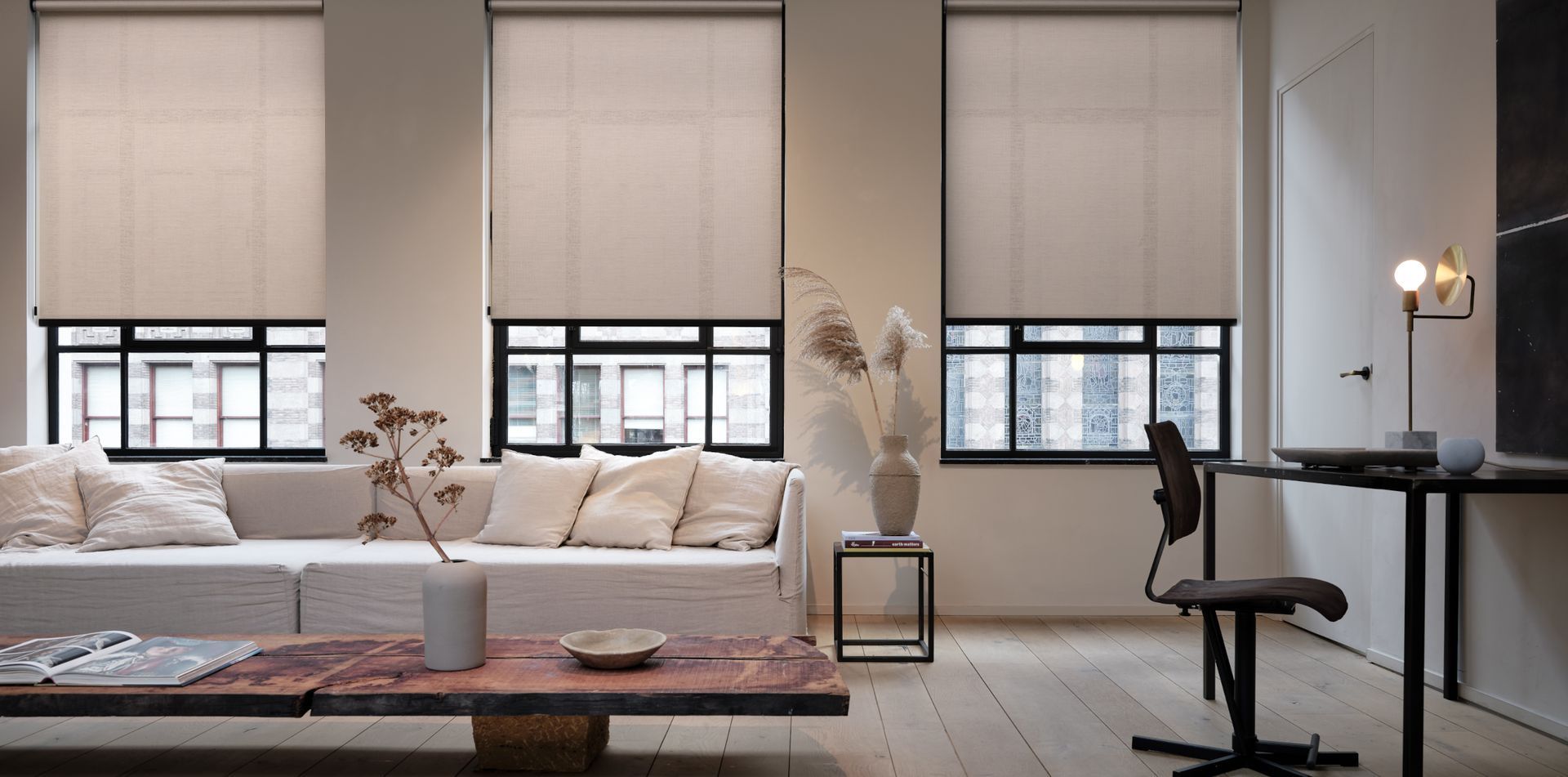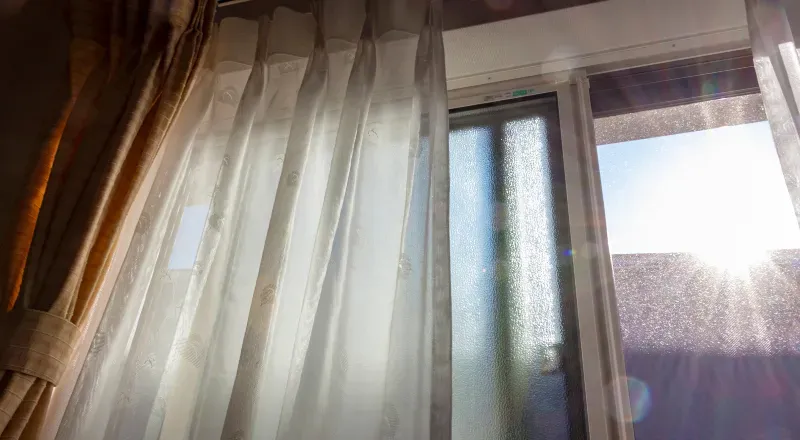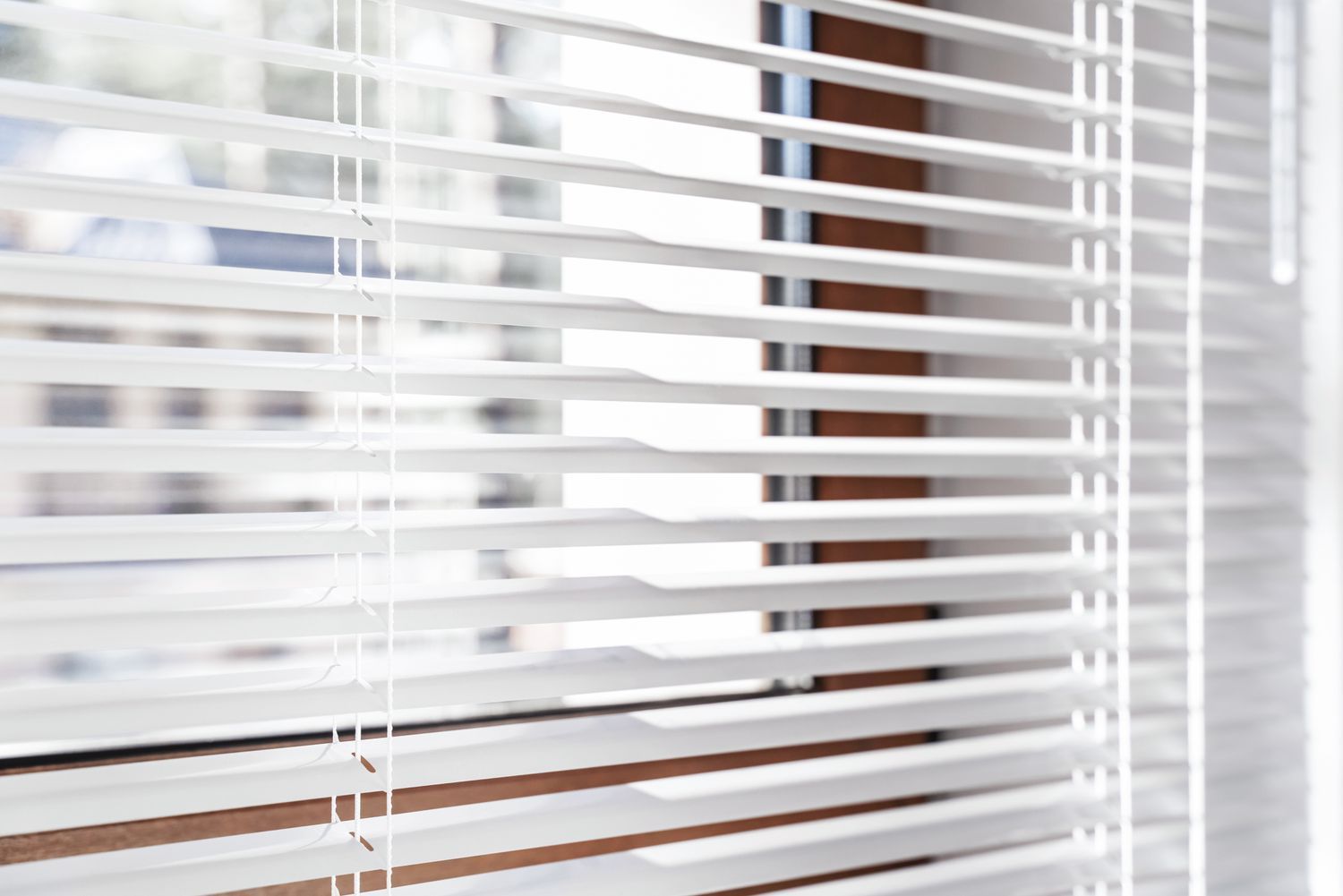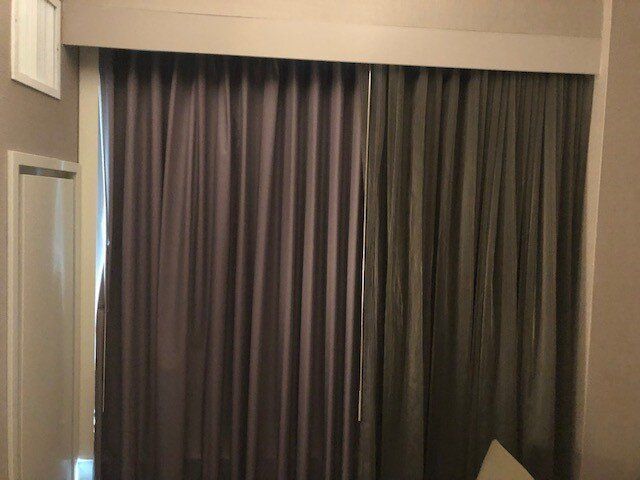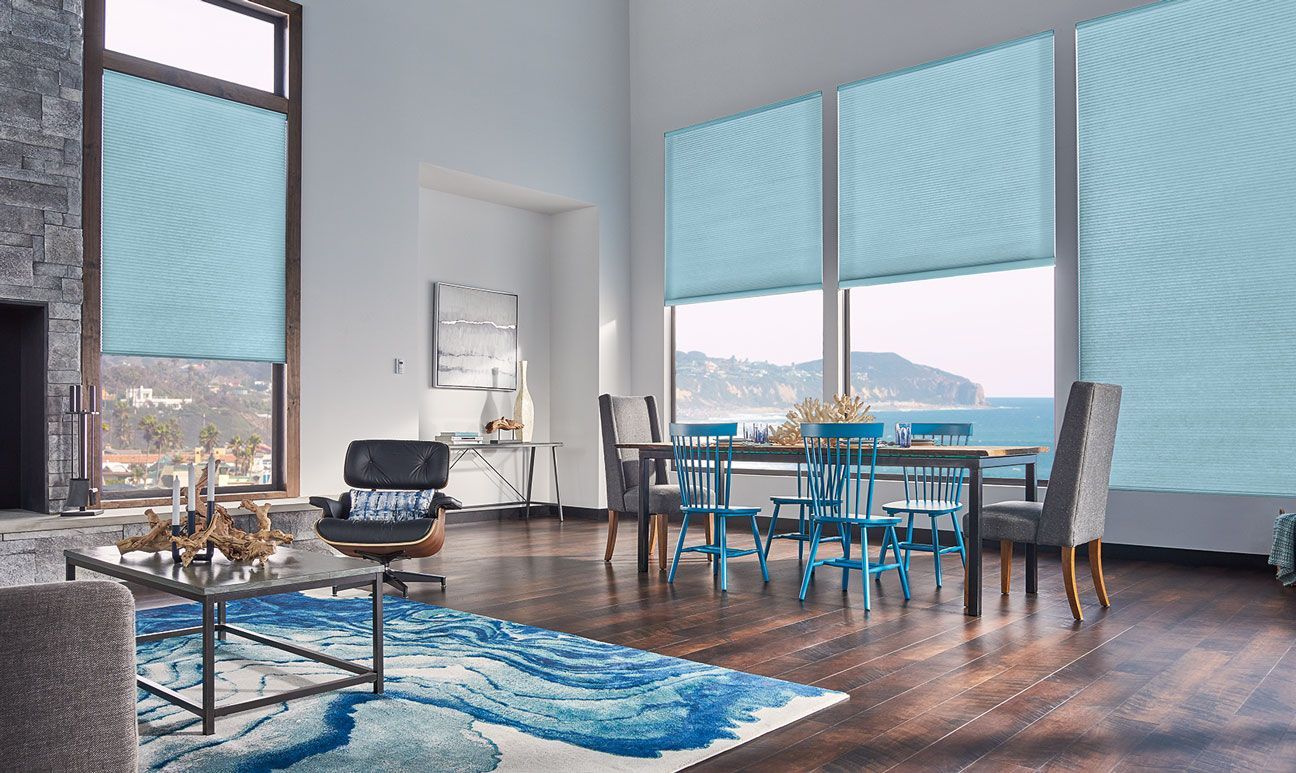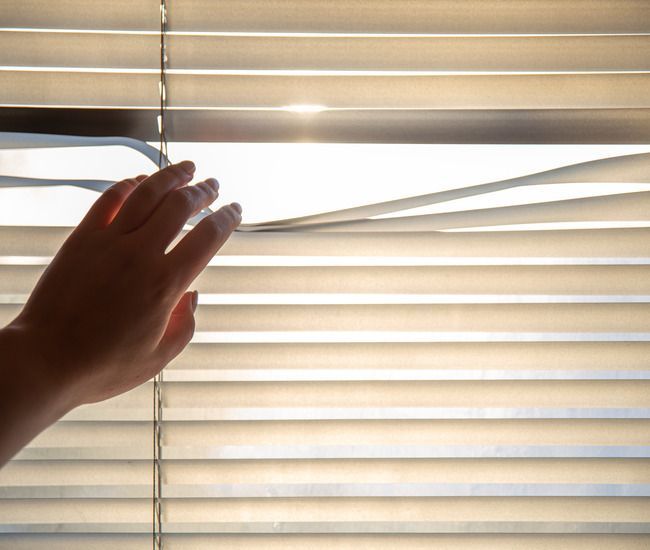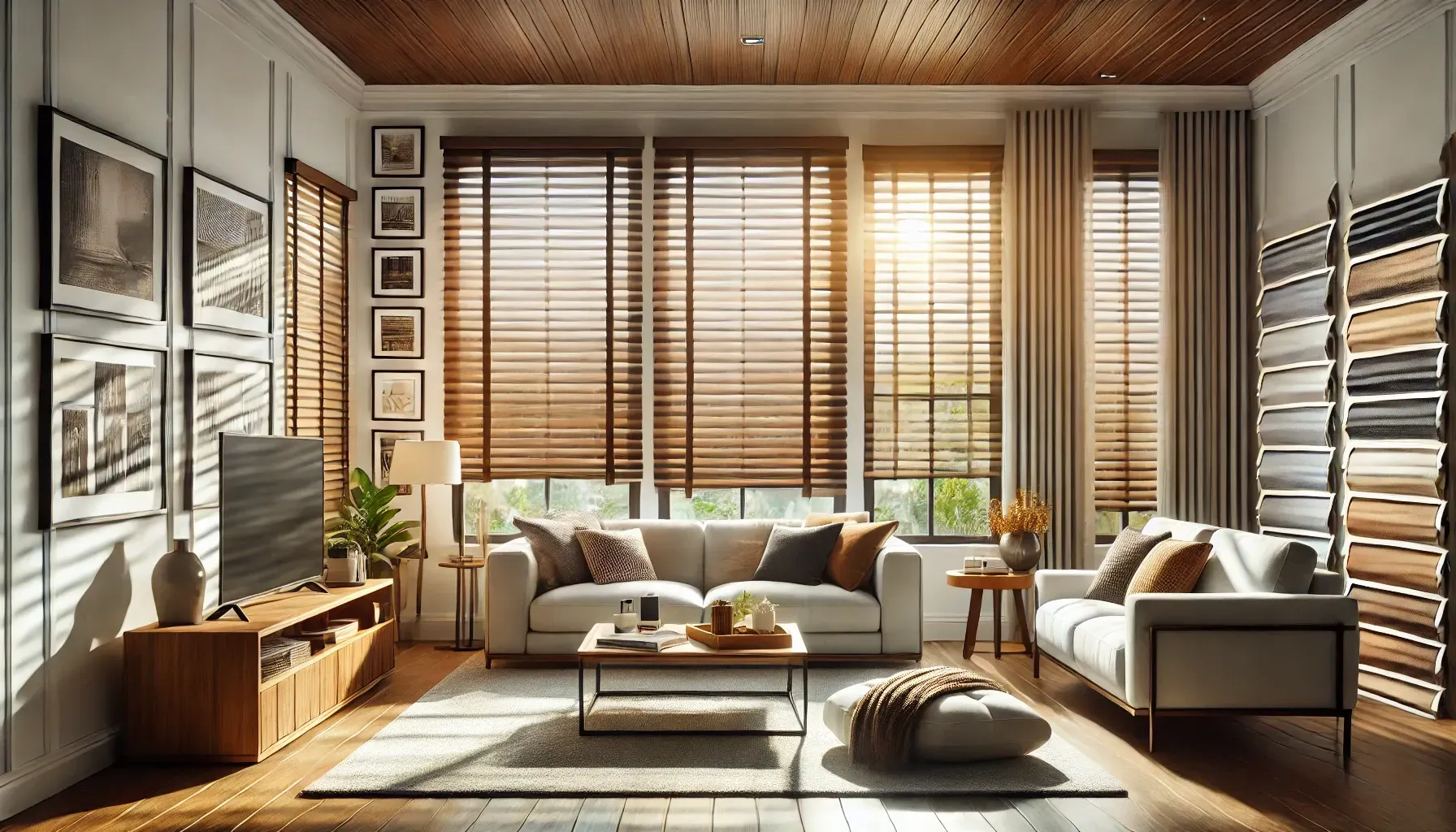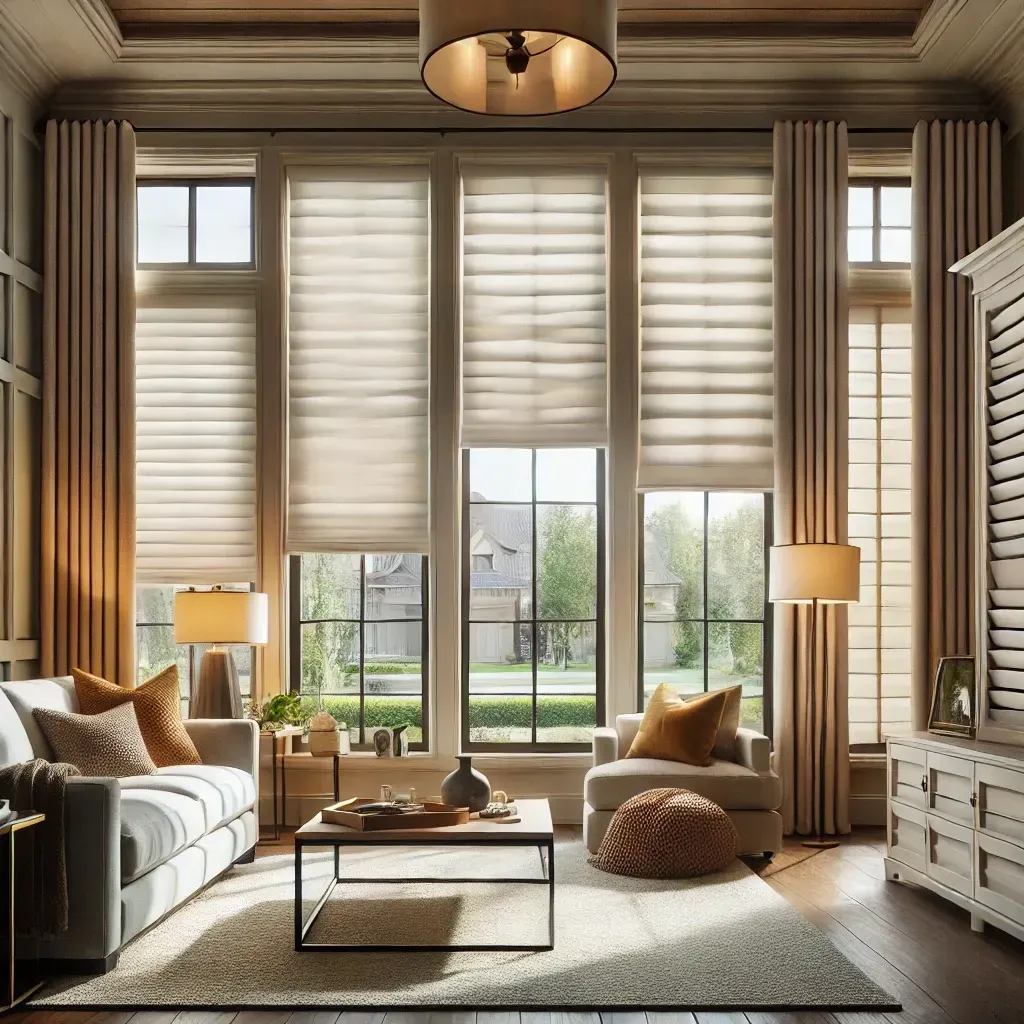Do Solar Shades Provide Privacy or Just Block Heat?
TLDR;
Solar shades effectively block heat and UV rays while allowing natural light to filter through. They provide daytime privacy by limiting visibility from outside, but at night, they offer little to no privacy when interior lights are on. To enhance nighttime privacy, consider layering them with blackout curtains or additional window coverings.
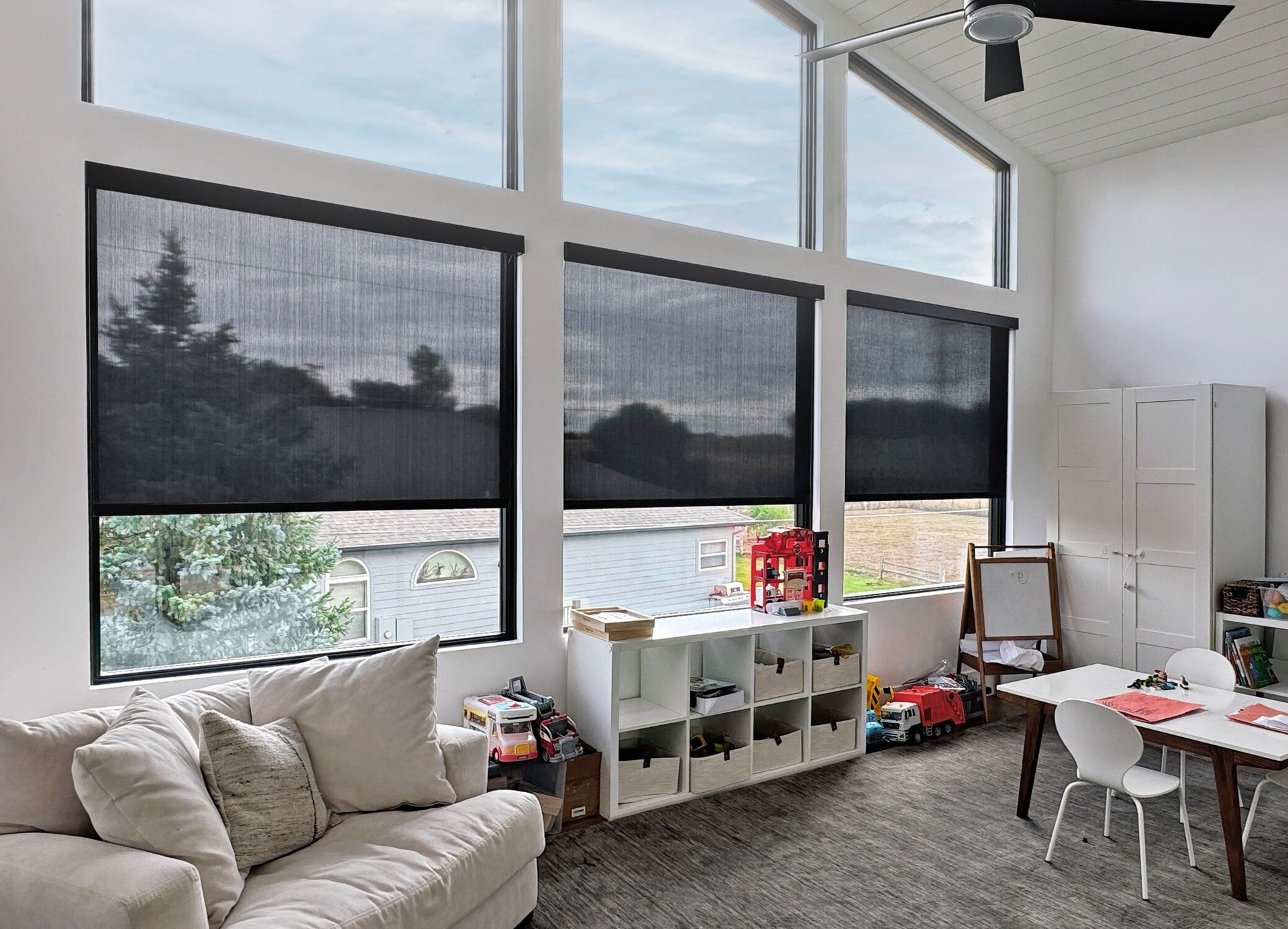
Solar shades are a popular choice for homeowners and businesses looking for energy-efficient window treatments. They reduce glare, minimize heat gain, and protect interiors from harmful UV rays. But do they also provide privacy? The answer depends on the time of day and the openness factor of the shades. During the day, solar shades allow light in while obscuring the view from outside, offering moderate privacy. However, at night, when interior lights are on, visibility is reversed, making indoor spaces more exposed.
How Do Solar Shades Work?
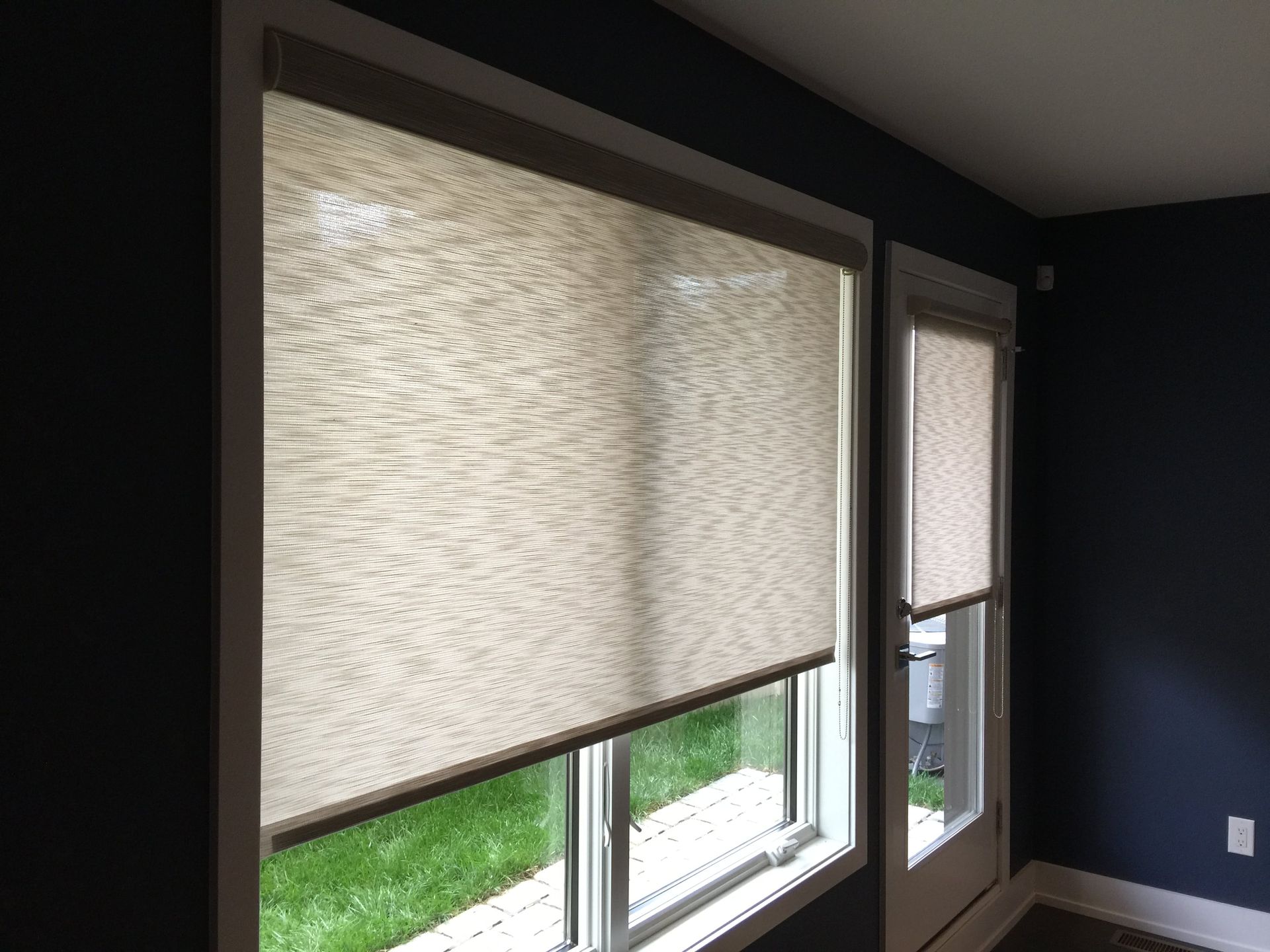
Solar shades are designed using a special mesh-like fabric that filters sunlight, reducing glare and heat while still maintaining outward visibility. They work based on an "openness factor"—a percentage indicating how much light and visibility the shade allows.
- 1% - 5% Openness: Blocks more light and offers better heat control and privacy.
- 6% - 14% Openness: Provides more outward visibility but less privacy and heat reduction.
The openness level directly impacts how well the shades block heat and provide privacy, making it essential to choose the right type based on your needs.
Do Solar Shades Block Heat Effectively?
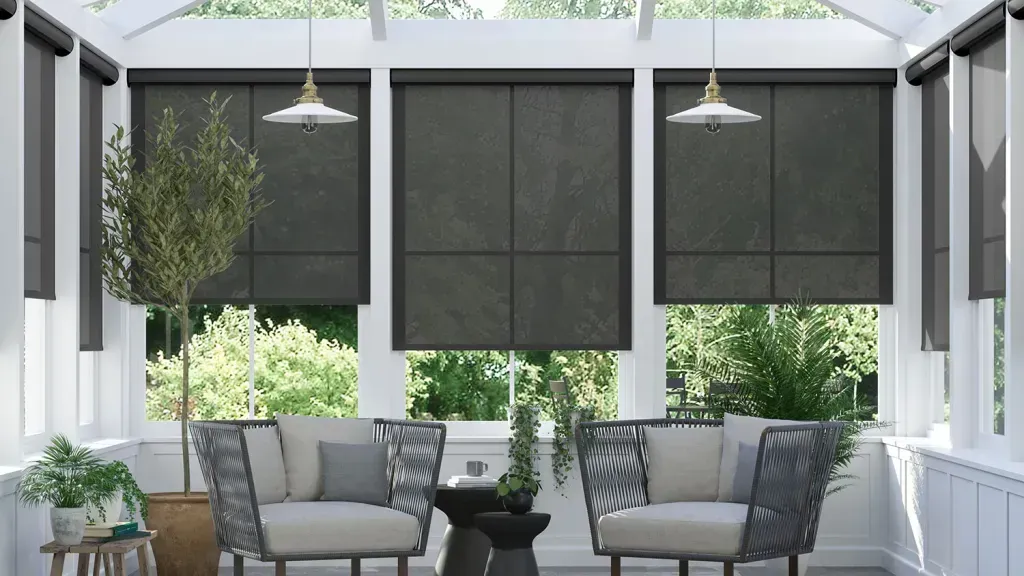
Yes, solar shades are excellent at reducing heat inside your home or office. They achieve this by:
- Blocking UV Rays: Solar shades can block up to 99% of harmful UV rays, preventing furniture and flooring from fading.
- Reducing Heat Gain: By filtering sunlight, these shades help maintain indoor temperatures, leading to lower energy costs.
- Minimizing Glare: Solar shades significantly reduce screen glare, making it easier to watch TV, work on computers, or simply enjoy a comfortable indoor environment.
Do Solar Shades Provide Privacy?
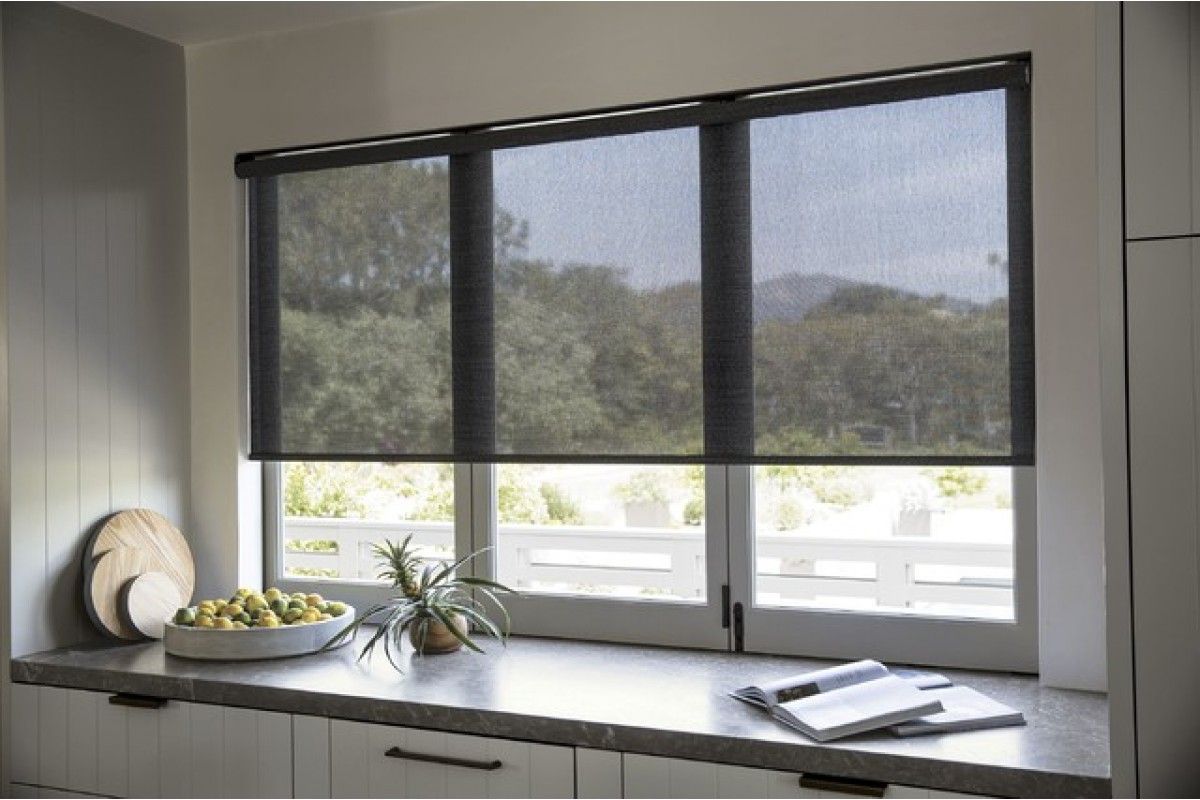
Daytime Privacy
Solar shades offer a one-way privacy effect during the day. Because they are designed to allow outward visibility while blocking glare, they make it difficult for people outside to see in. This makes them a great choice for spaces where you want natural light while maintaining some level of privacy, such as:
- Living rooms
- Home offices
- Sunrooms
However, the amount of privacy depends on the shade’s opacity and the exterior lighting conditions.
Nighttime Privacy
At night, the privacy effect of solar shades diminishes. When interior lights are on, the shades become transparent, allowing outsiders to see inside. This is one of the biggest drawbacks of solar shades if privacy is a primary concern.
How to Enhance Nighttime Privacy with Solar Shades:
- Pair with Blackout Curtains: Combining solar shades with blackout curtains provides the best of both worlds—light filtering during the day and full privacy at night.
- Use Dual Shades: Some window treatments, like dual shades, combine solar shades with a blackout roller shade, offering flexibility.
- Consider Privacy Liners: Adding a privacy liner behind the solar shade can increase opacity and reduce transparency.
Solar Shades vs. Other Window Treatments
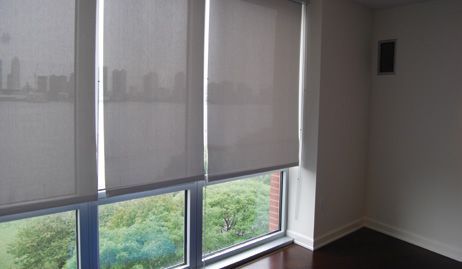
Solar Shades vs. Blackout Curtains
- Solar Shades: Block heat, reduce glare, and offer daytime privacy.
- Blackout Curtains: Provide complete privacy and full light-blocking capabilities.
Solar Shades vs. Window Tint
- Solar Shades: More flexible and can be adjusted for varying light control.
- Window Tint: Permanent solution that blocks heat and UV rays but cannot be adjusted.
Solar Shades vs. Traditional Blinds
- Solar Shades: Sleek, modern, and effective for heat reduction.
- Blinds: Offer adjustable slats for light control but don’t provide the same UV-blocking benefits as solar shades.
Choosing the Right Solar Shades for Your Home or Business
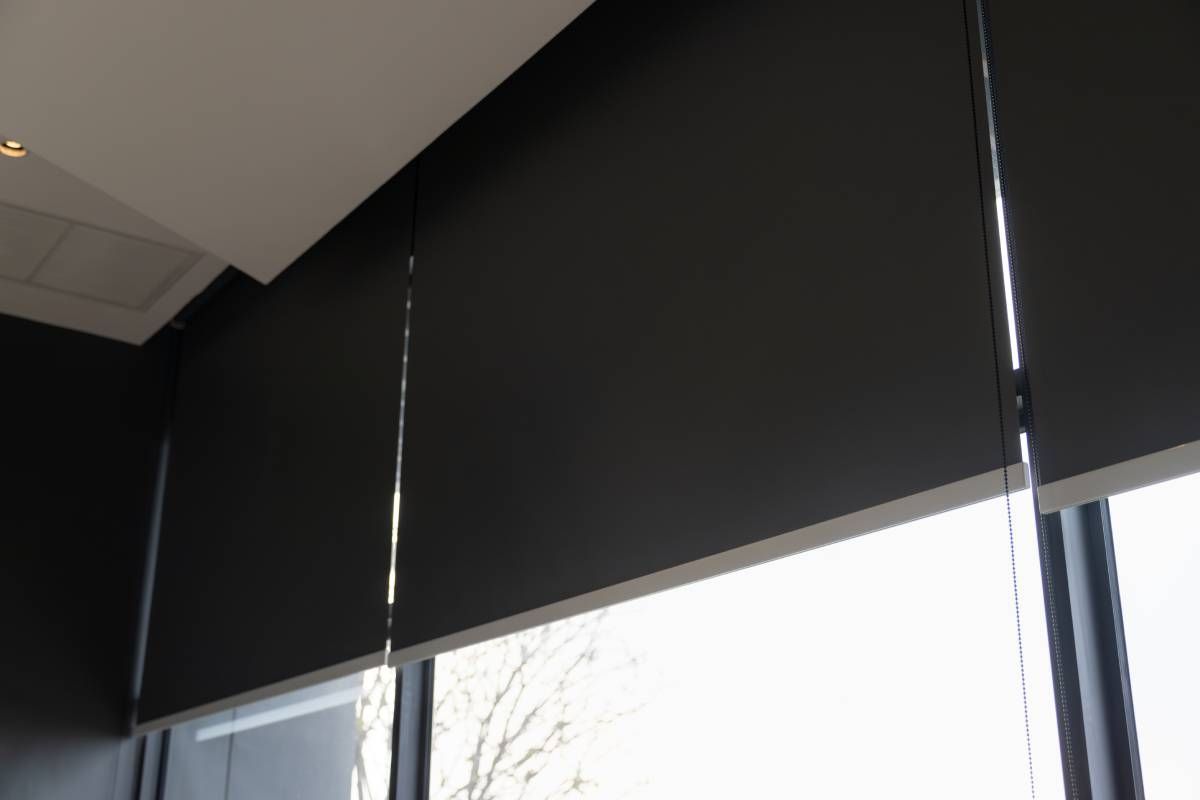
To maximize both privacy and heat control, consider these factors:
1. Openness Percentage
- Lower openness (1%-5%): Better for privacy and heat reduction.
- Higher openness (6%-14%): Allows more visibility but less privacy.
2. Color Choice
- Lighter Colors: Reflect more heat but provide less privacy.
- Darker Colors: Absorb heat but offer better privacy.
3. Layering Options
If privacy is a top priority, layering solar shades with blackout curtains or adding privacy liners is a great solution.
Real-Life User Experiences & Case Studies
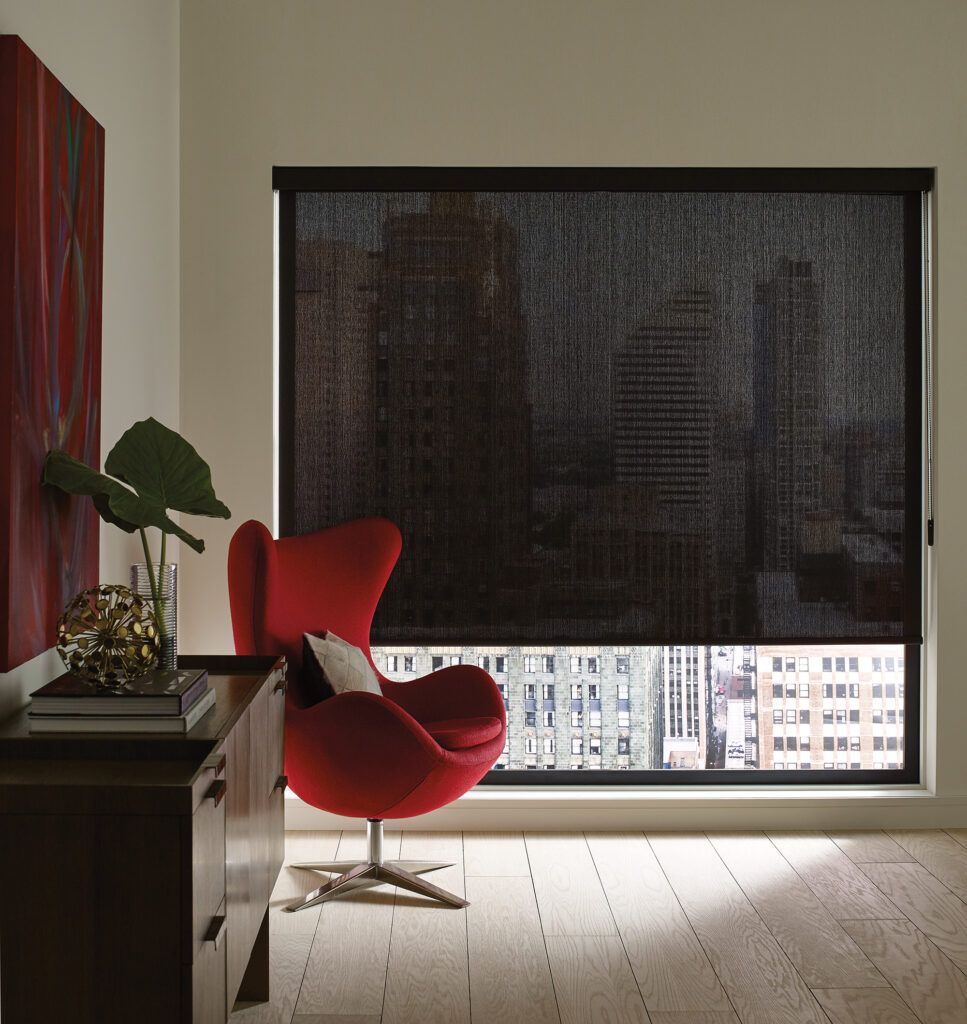
At Love Is Blinds MI, we’ve helped countless homeowners and businesses select the perfect solar shades for their needs. Here’s what some of our customers had to say:
- "We installed solar shades in our office to reduce glare and heat, and they made a huge difference! However, we realized that at night, we needed additional privacy, so we added blackout curtains." – Mark, Business Owner
- "Our living room gets a lot of sunlight, and solar shades helped cut down on the heat. We love how they keep our space cooler while still letting us see outside." – Jessica, Homeowner
Installation & Maintenance Tips
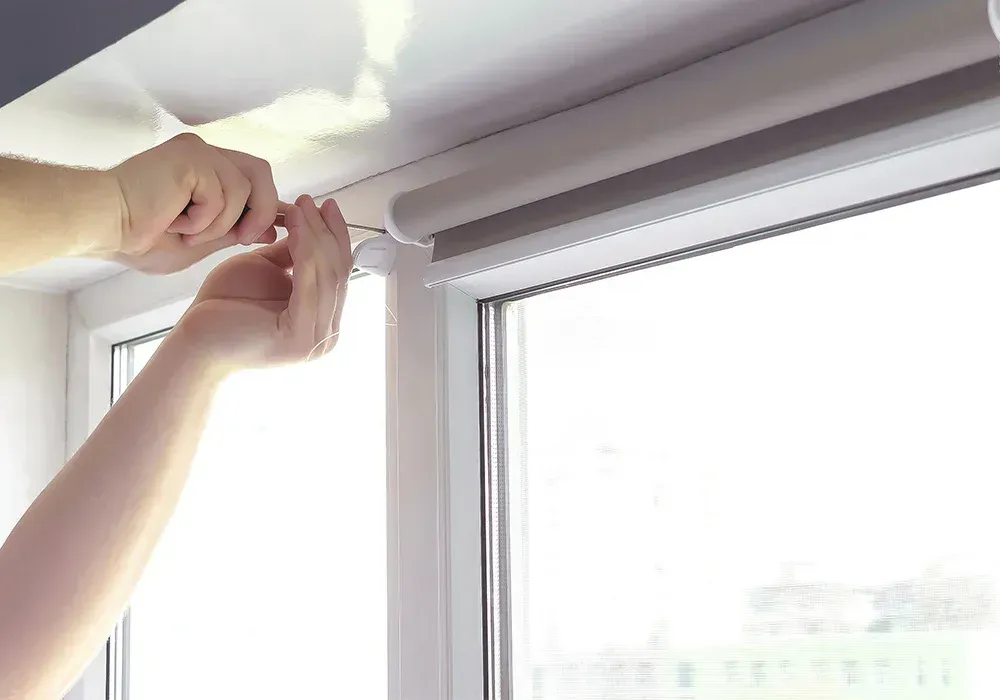
DIY vs. Professional Installation
Solar shades are relatively easy to install, but if you want a seamless look, professional installation ensures the best fit.
Cleaning & Maintenance
- Dust Regularly: Use a vacuum with a brush attachment.
- Spot Clean: Use mild soap and water for any stains.
- Avoid Harsh Chemicals: Strong cleaning solutions can damage the shade’s material.
Conclusion
Solar shades are an excellent choice for controlling heat and reducing glare while maintaining daytime privacy. However, they are not ideal for nighttime privacy on their own. To maximize their benefits, consider pairing them with additional window treatments such as blackout curtains or dual shades.

